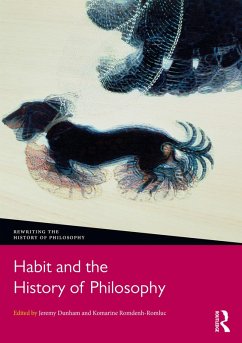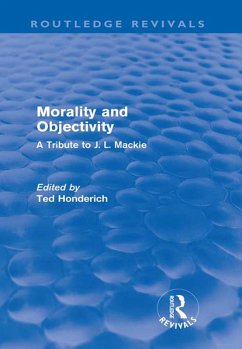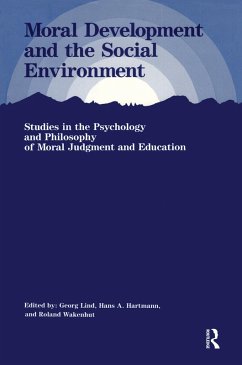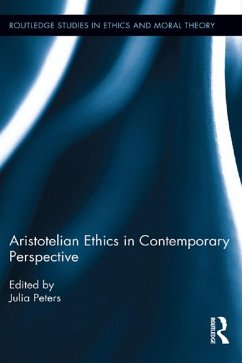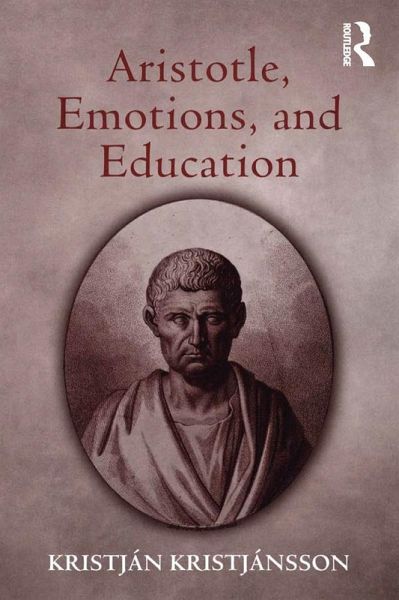
Aristotle, Emotions, and Education (eBook, PDF)
Versandkostenfrei!
Sofort per Download lieferbar
52,95 €
inkl. MwSt.
Weitere Ausgaben:

PAYBACK Punkte
26 °P sammeln!
What can Aristotle teach us that is relevant to contemporary moral and educational concerns? What can we learn from him about the nature of moral development, the justifiability and educability of emotions, the possibility of friendship between parents and their children, or the fundamental aims of teaching? The message of this book is that Aristotle has much to teach us about those issues and many others. In a formidable display of boundary-breaking scholarship, drawing upon the domains of philosophy, education and psychology, Kristján Kristjánsson analyses and dispels myriad misconcept...
What can Aristotle teach us that is relevant to contemporary moral and educational concerns? What can we learn from him about the nature of moral development, the justifiability and educability of emotions, the possibility of friendship between parents and their children, or the fundamental aims of teaching? The message of this book is that Aristotle has much to teach us about those issues and many others. In a formidable display of boundary-breaking scholarship, drawing upon the domains of philosophy, education and psychology, Kristján Kristjánsson analyses and dispels myriad misconceptions about Aristotle's views on morality, emotions and education that abound in the current literature - including the claims of the emotional intelligence theorists that they have revitalised Aristotle's message for the present day. The book proceeds by enlightening and astute forays into areas covered by Aristotle's canonical works, while simultaneously gauging their pertinence for recent trends in moral education. This is an arresting book on how to balance the demands of head and heart: a book that deepens the contemporary discourse on emotion cultivation and virtuous living and one that will excite any student of moral education, whether academic or practitioner.
Dieser Download kann aus rechtlichen Gründen nur mit Rechnungsadresse in A, B, BG, CY, CZ, D, DK, EW, E, FIN, F, GR, HR, H, IRL, I, LT, L, LR, M, NL, PL, P, R, S, SLO, SK ausgeliefert werden.






